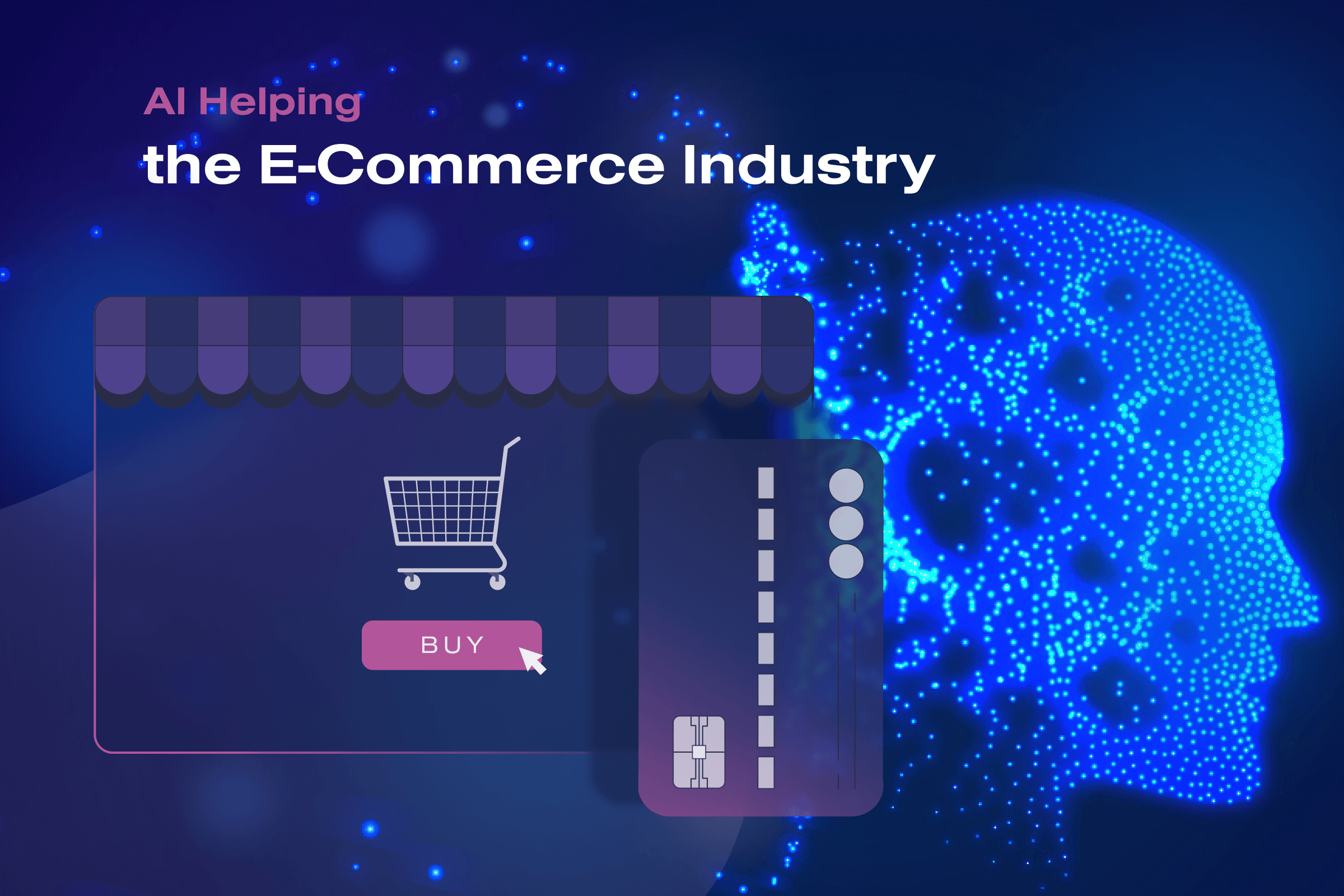AI-Powered Trading Strategies For Traders
Artificial intelligence should be examined from a very broad perspective; It is possible to talk about four application areas such as voice recognition technology, image processing technology, natural language processing technology, and reasoning.
Voice (speech) recognition is a type of artificial intelligence created to transform speech into a series of words through a computer program. Among its most well-known applications; are voice dialing, call forwarding, data entry and dictation, command and control, and computer-assisted language learning.
AI applications that understand and react to voice and speech and can also respond aloud have been used for many years. However, it is only recently that these algorithms have improved. The voice instructions given via Apple Siri, Google Assistant, and Amazon Alexa, which are the most advanced of these applications, are correctly understood and carried out with the help of virtual assistants.
With virtual assistants, it is possible to make phone calls, compose text messages, book hotels or restaurants, check flight information, and even remotely control a home’s lights, air conditioners, and cameras if the relevant integrations are available. Nowadays, artificial intelligence-supported trading processes are becoming widespread for investors with such solutions.
Artificial Intelligence-Based E-Commerce Solutions

Voice recognition technology will become even more important in the future to increase market share or at least not lose it. It has become possible for consumers to shop online by detecting users’ voices or interpreting the content they write through voice recognition.
In the USA, you can order flowers with the help of the Facebook Messenger application, order pizza from Domino Pizza with the Amazon Echo program, or call a car from UBER.
While the shopping market made by users via voice commands is 2 billion dollars, it is predicted that this market will be around 40 billion dollars in 2022. Artificial intelligence processes not only numerical data but also text, image, and audio data, providing meaningful data to advanced analysis processes.
Image identification; It is used to show real customer behavior and understand photos and videos shared by customers on social media. Artificial intelligence applications can search image databases according to the criteria needed at that moment, recognize snapshots, and classify these images according to the elements they contain.
Using this technology, businesses enable their users to find the products they are looking for by using photo or video images with the visual search ability. In addition, image processing technology is also used to label images in line with users’ product preferences.
Automation in e-commerce simplifies workflow by performing repetitive tasks. It carries the burden of answering routine queries, allowing the rest of the system and employees to concentrate on more demanding requests.
With artificial intelligence, it is possible to automate many things, from offering new items on different channels to coordinating sales, applying discounts to loyal customers, and recognizing high-risk transactions.
Artificial intelligence-based “virtual” – also known as “personal” assistants are software that can perform verbal or written command-based tasks. Examples we frequently use include Siri, Alexa, and google assistant.
Although new starters don’t need to integrate a digital personal assistant (DPA) in the first place, it will be effective in standing out from competitors. Thanks to DPAs, more than one consumer can be dealt with at the same time and work can be done 24/7.
The Rise Of E-commerce And The Increasing Role Of Artificial Intelligence
Tools, devices, and services invented and developed in previous periods are becoming increasingly computerized every day, being replaced by digital versions, and people are adapting to this new digital environment. In this context, e-commerce is defined as “the use of electronic communication and digital information processing technology in business transactions to create, transform and redefine relationships aimed at creating value between or within businesses, and between businesses and individuals.”
As people’s consumption habits shift to online channels, their product or service purchasing experiences have gradually transformed and e-commerce has started to take more of a place in our lives. In 2019, e-retail sales accounted for 14.1% of all retail sales worldwide.
Compared to other fields, e-commerce provides higher profits with less capital requirement, making it one of the fields that many entrepreneurs are interested in and prefer. Recently, due to the important developments that have occurred and are likely to occur in the field of e-commerce both in the world, the necessity of examining e-commerce has emerged.
E-commerce, one of the areas where artificial intelligence has created significant transformations, has begun to take an important place in human life. Many people around the world have started to use the internet regularly to find products, entertainment venues, and friends.
Transformation And Applications Of Artificial Intelligence In Marketing Strategies
Consumer behavior and marketing activities of businesses have completely changed. It is important for e-commerce businesses that want to keep up with or beat the businesses they compete with, to integrate artificial intelligence into their marketing strategies.
Artificial intelligence systems, which benefit from many different intertwined technologies, from machine learning to data science, from deep learning to voice assistant, increase the online shopping experience; Chat robots, search engines, and personalized customer service applications are improving the structure of e-commerce.
Businesses that focus most of their sales on e-commerce allocate a significant portion of their digital marketing budgets to artificial intelligence-based applications. According to marketing professionals, the most important benefits of artificial intelligence include increasing efficiency, saving time, better-understanding customer information, making marketing decisions more applicable, increasing return on investment, and ensuring customer satisfaction.
In e-commerce; Many operations such as recognizing and retargeting customers, making suggestions, personalization, smart search services, chatbot and virtual assistants, dynamic pricing, and stock management can be performed with artificial intelligence applications. In this section, detailed information will be given about the use of artificial intelligence in e-commerce.
Artificial Intelligence Solutions That Can Be Applied In Trading Processes

Artificial intelligence is used effectively in the field of e-commerce to analyze customer behavior, provide personalized product recommendations, and optimize customer service processes. Virtual assistants that emerge with artificial intelligence provide a more satisfying shopping experience by quickly answering customer queries.
Chat robots stand out as one of the areas where artificial intelligence is used effectively in e-commerce. Chatbots, which answer customers’ questions 24/7 with their artificial intelligence-based structure, play an important role in providing a better customer experience.
Chatbots, which ensure correct guidance of users regardless of working hours, not only save time for customers but also increase the functionality of e-commerce platforms with cost-effective solutions. Thanks to robots, platforms can direct human resources to other areas where they are needed.
Stories Of Artificial Intelligence Use In Trade Projects
Artificial intelligence content platforms such as Midjourney, Dall-E, and Open AI meet the needs of e-commerce sellers as well as content producers. These platforms, which include tools that can create a wide range of different content types from images to texts, can provide solutions to different needs on e-commerce sites, from product descriptions to site designs.
Recently developed artificial intelligence applications, especially the artificial intelligence models developed by OpenAI, have increased the sectors’ interest in artificial intelligence. Technology, which has made progress in a wide range of areas from text-based question answering to visual production, increases efficiency in many sectors with models using big data.
The number of initiatives aimed at artificial intelligence, which increases its effectiveness in many sectors, especially e-commerce, is also increasing all over the world. The USA, China, and the United Kingdom stand out in the list of countries hosting the most artificial intelligence startups.
See you in the next post,
Anil UZUN
